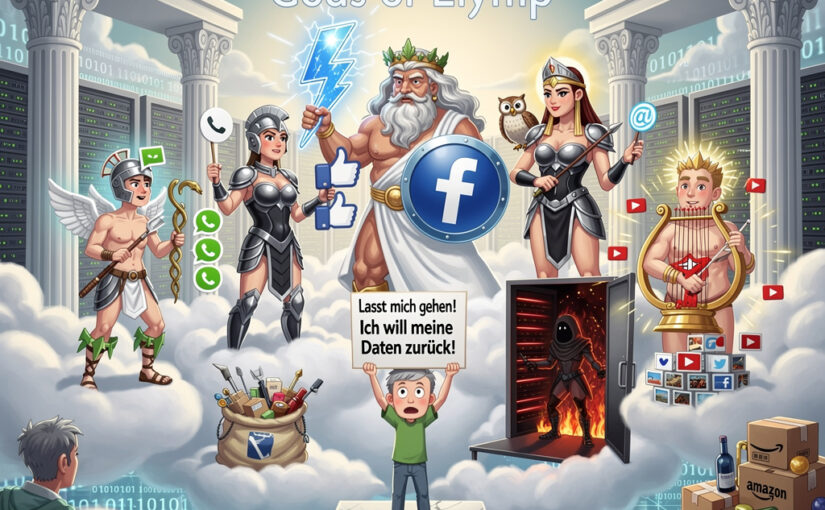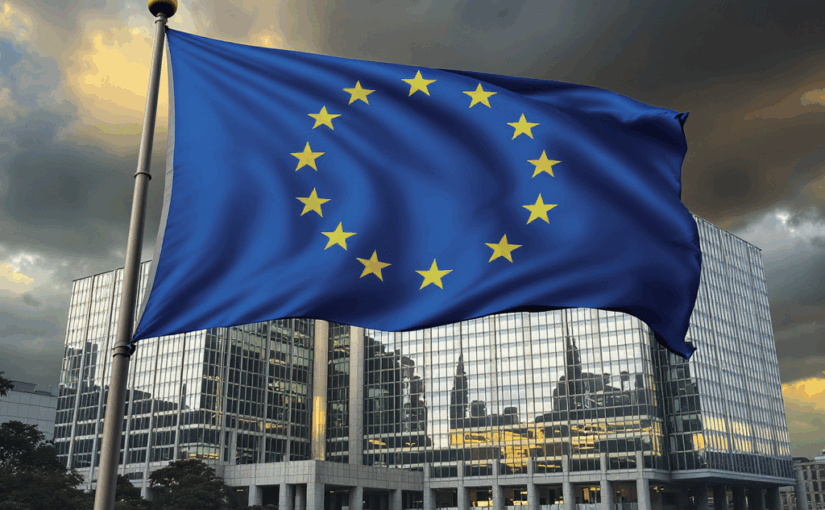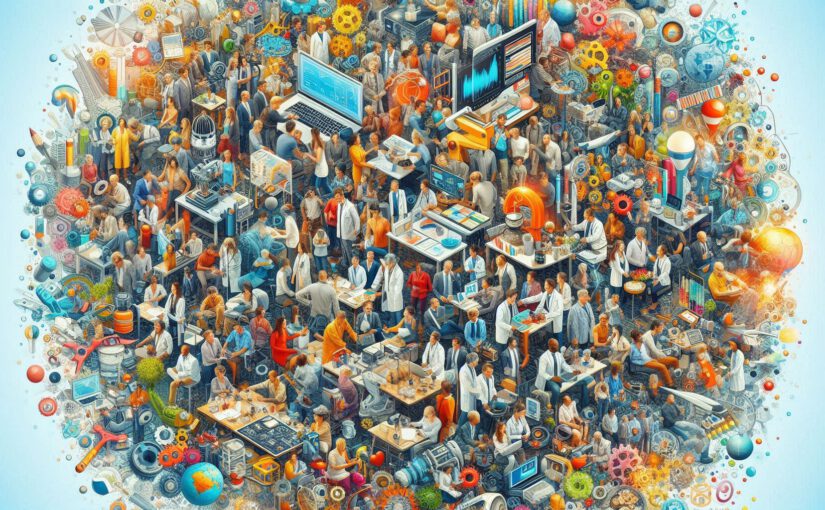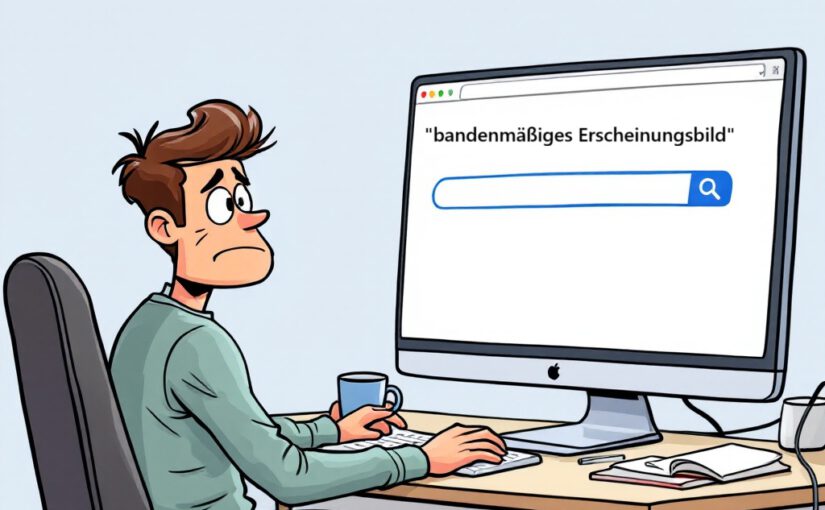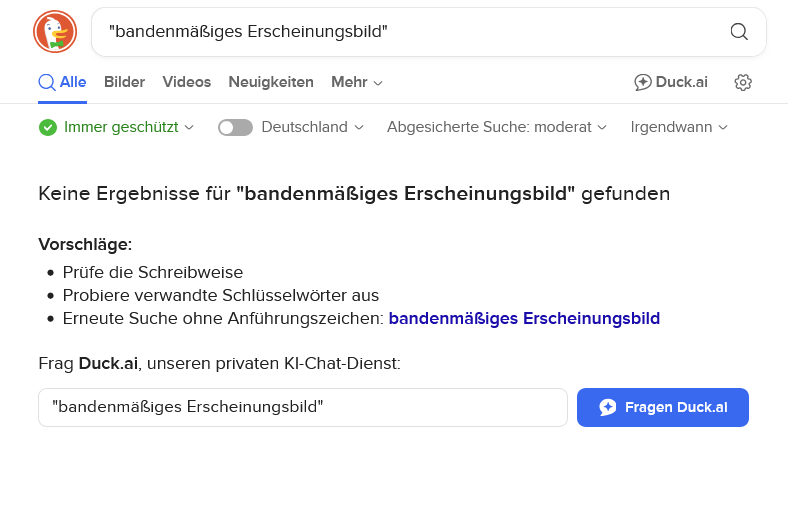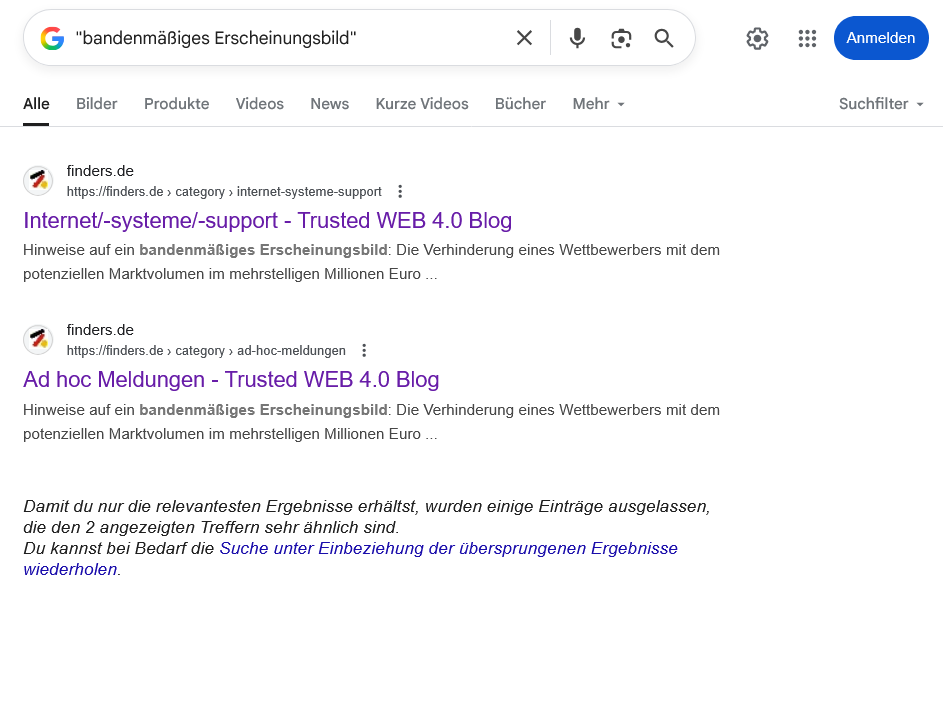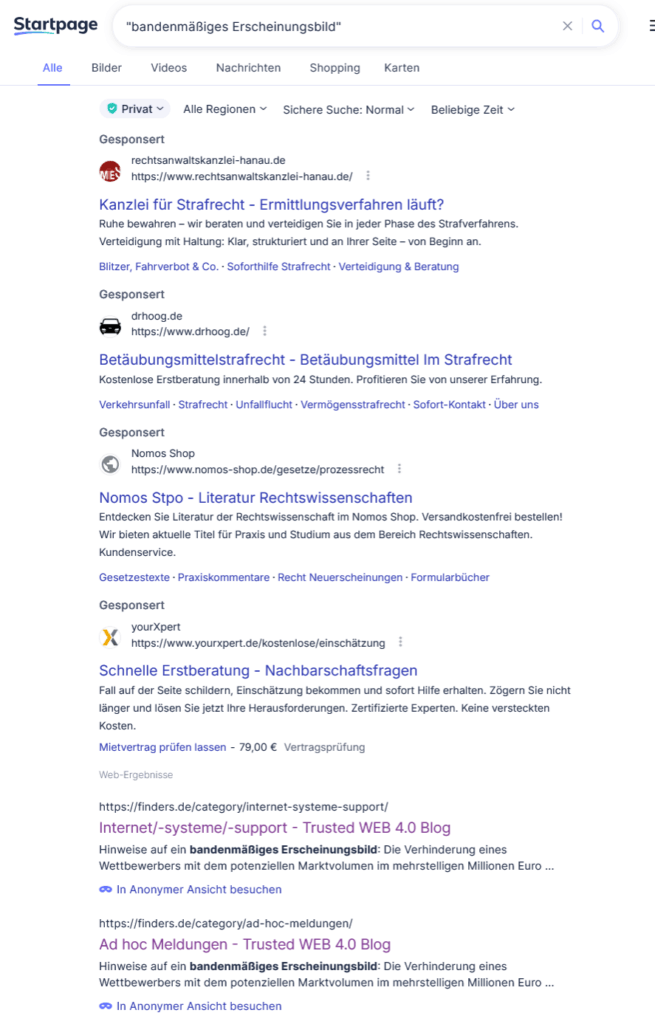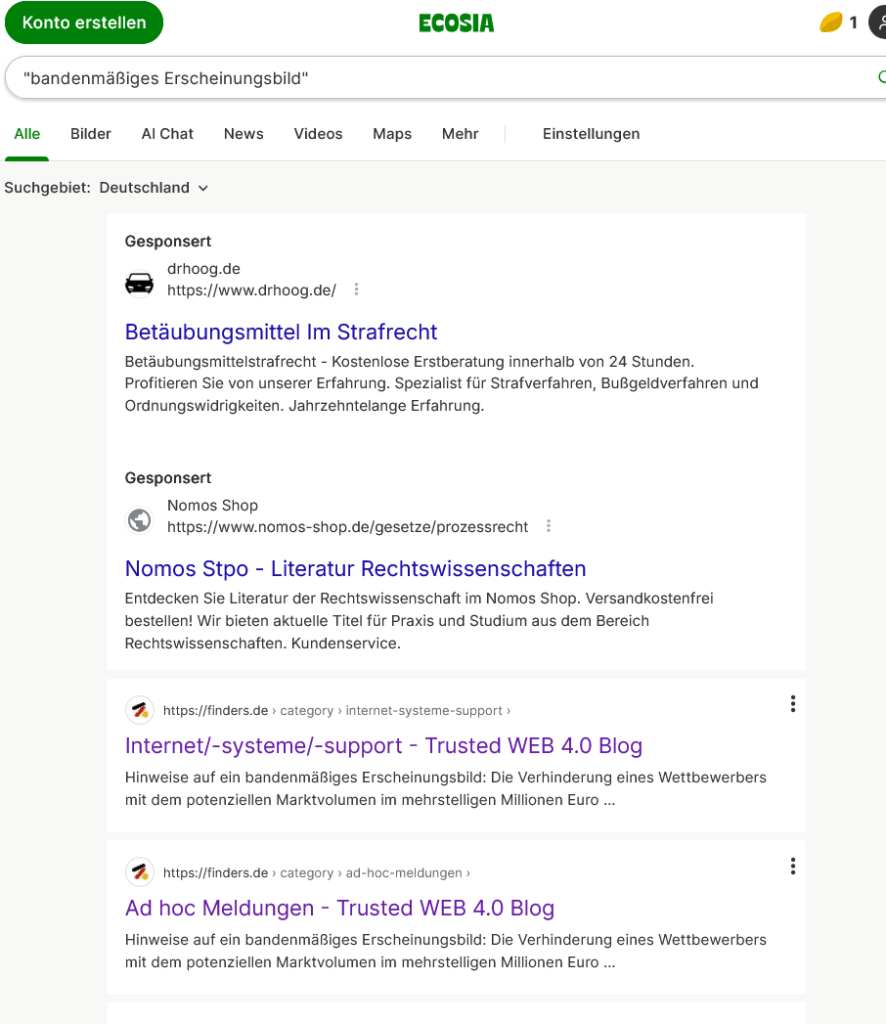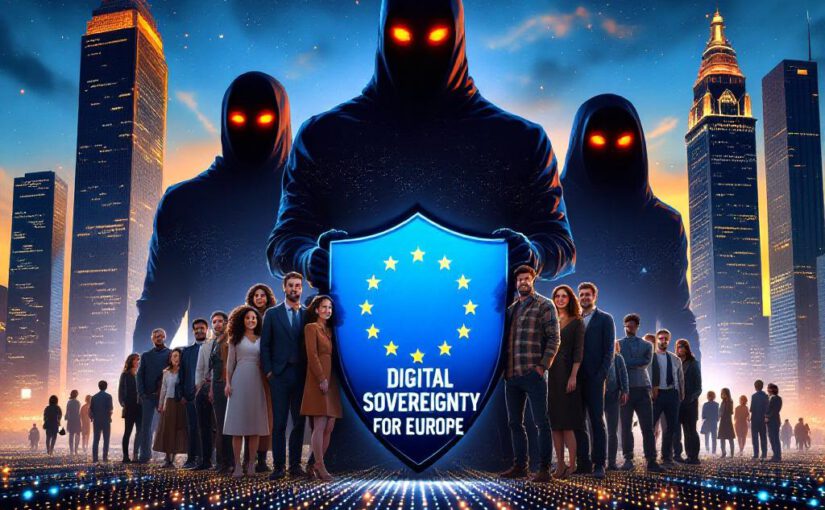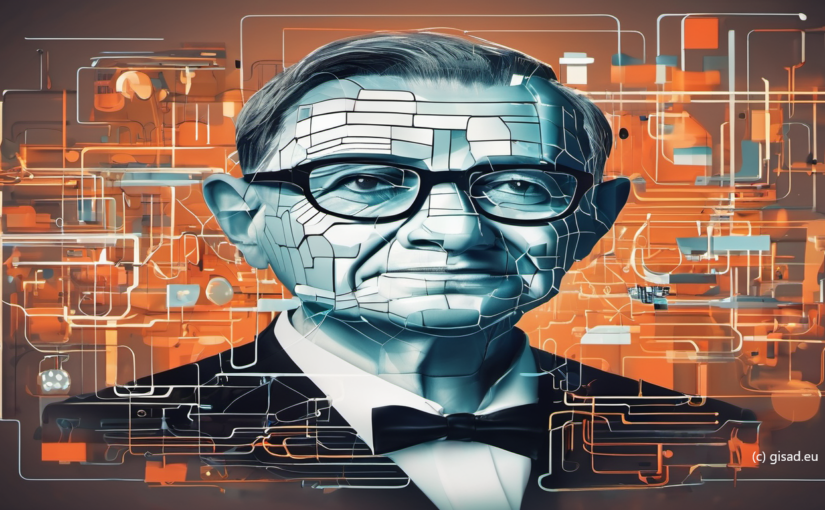By Olaf Berberich, who’s starting to wonder if he should’ve negotiated with the old Greek gods instead.
Every morning, I look up at you in devotion, oh electronic gods of Elymp. Without you, I’d be practically insignificant. After all, you’ve all got a little piece of my DNA—ES2374881T3, the smallest meaningful unit! And I know you’re secretly grateful for it. Aren’t you?
But dear gods, maybe you’re being a little too good to me. It’s time for me to emancipate myself. Don’t take it personally, but I need some space. Here’s my appeal to each of you:
📘 Facebook: Let Me Go!
Dear Facebook, I know you’ve got a soft spot for me. But let me make one thing clear: If I were to join a social media project, it would be my own—getmysense. Remember 2012? Someone had relationship issues with me and attacked my server so relentlessly that getmysense couldn’t stay online for even a day. And no, I never set you up with my name or email. I’ve tried to delete my account—in vain. Please, just let me go. I don’t want this anymore.
💬 WhatsApp: Delete the GISAD Group, Already!
Okay, fine, I might’ve set up a GISAD group with you. But I can’t delete it. And honestly, partners who want to reach me already do so in my own network. So, WhatsApp, do us all a favor and delete the group. Otherwise, someone might try to reach me there by mistake—and that would just be awkward.
🐦 X (formerly Twitter): You Can Stay—as a Warning
X, I don’t dislike you. In fact, I’ve got a pretty great handle: @gewaltenteilung. I’ll keep it as a reminder that there should always be something like a separation of powers in the digital world. So yes, you can stay. But please, don’t bother me.
🎥 YouTube: Why So Few Views?
YouTube, you haven’t annoyed me. But I do wonder: Why are the views on @JunghilftAlt so modest? After all, my blog finders.de is approaching 800,000 page views per month. There’s got to be more potential here, right? Maybe I just don’t produce enough “slop.” But that’s a topic for another day.
📦 Amazon: Where’s My Money?
Amazon, your deliveries are fantastic. No complaints there. But what about my books? The Trillion Dollar GAP has been with you since 2013—and you haven’t paid me for a single copy. I didn’t even offer you the third book; I gave it to decision-makers for free. And it can’t be that bad: The Head of Digital Platforms at the EU Commission thanked me for it and shared it within the Commission. Maybe it’s just too inconvenient for the gatekeepers.
Gods of Elymp, I know you mean well. But I need my freedom. I want to move forward with my projects without constantly being watched, blocked, or ignored by you. I want my ideas—whether it’s getmysense, GISAD, or Trusted WEB 4.0—to have a chance. Without your constant interference.
So please: Let me go.
And if you’re wondering what I’ll do next: I’ll keep fighting for a digital Europe that isn’t controlled by a handful of tech giants. Maybe with a few fewer gods breathing down my neck. 😉
